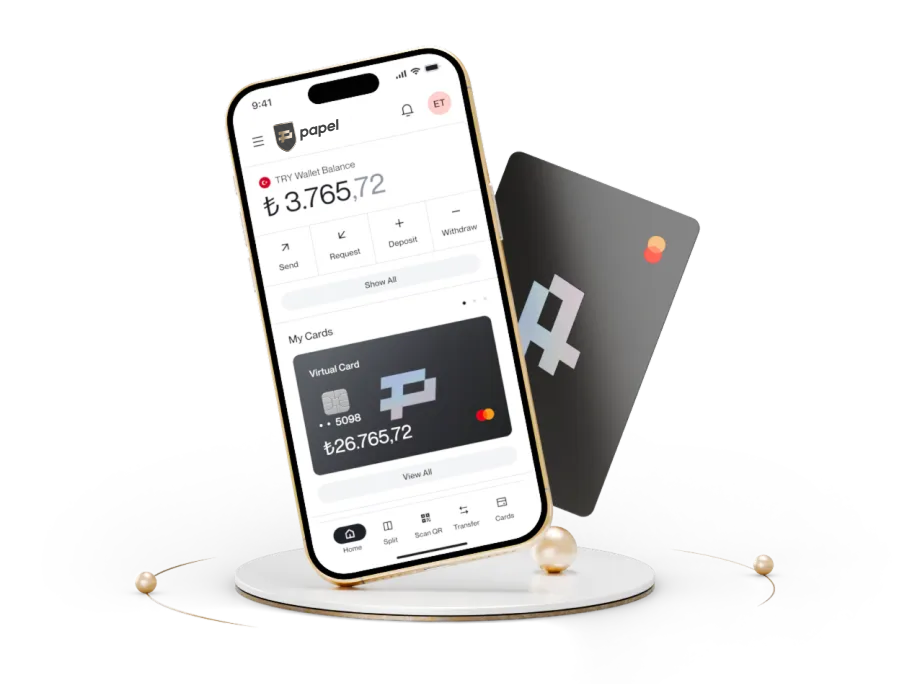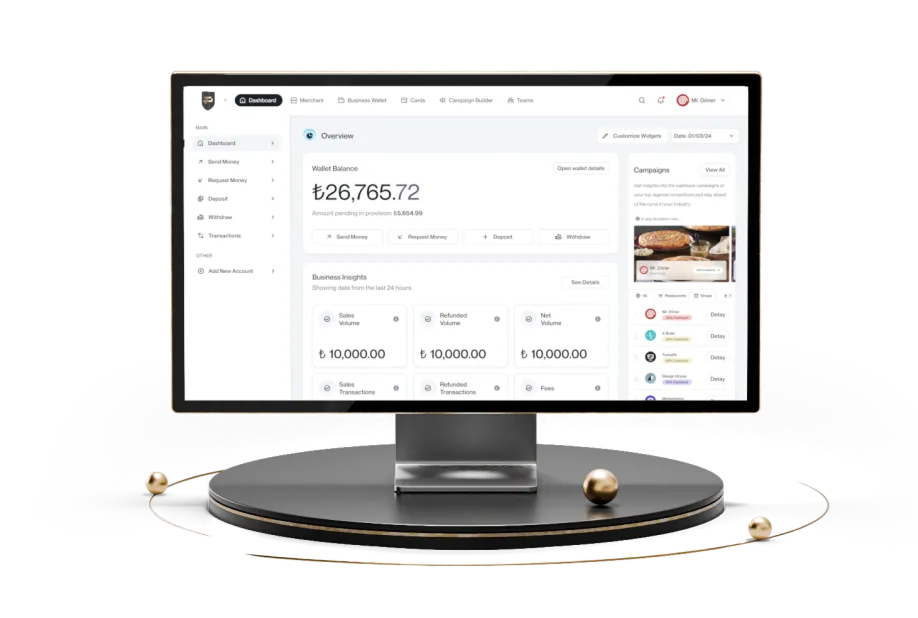Credit cards are powerful tools that make life easier and provide financial flexibility when used correctly. However, careless and uncontrolled use can lead to financial difficulties, high interest costs, and long-term debt. Small mistakes—such as missing payments or ignoring spending habits—can gradually become major economic problems. This article’ll cover the most common credit card mistakes, strategies for managing debt, and essential tips to maintain your financial health.
Common mistakes in credit card usage
While credit cards offer convenience, using them carelessly can lead to trouble. To avoid financial difficulties, it’s essential to use credit cards responsibly. Some of the most common mistakes include:
• Paying only the minimum amount due
• Not tracking expenses
• Missing or skipping payments
• Exceeding the credit card limit
• Owning more credit cards than necessary
• Ignoring interest rates
• Not reviewing credit card statements
• Cancelling automatic payment instructions
• Not taking advantage of card benefits
• Using cash advances unnecessarily
Long-term consequences of paying only the minimum payment amount
Among the mistakes listed above, one of the most harmful is paying only the minimum amount due. While it may seem like a short-term solution, it can cause serious financial problems in the long run. As interest continues to accumulate, your debt can grow significantly over time. Paying just the minimum can take years to pay off your balance, and carrying debt for such a long time may negatively impact your credit score. You may even face times when you’re unable to make the minimum payment, which could result in your credit card being restricted or deactivated. For all these reasons, it’s best to avoid relying on minimum payments whenever possible.
Overlimit charges and additional interest costs
Another common and costly mistake is exceeding your credit limit. You may incur additional interest charges when you exceed your assigned spending limit. Banks often apply high-interest rates for overlimit transactions, which can create financial strain. This behavior can also hurt your credit score. Keeping your spending within your credit limit and regularly reviewing your account statements is essential to avoid such issues. If your limit feels too low, you can request a limit increase from your bank. However, remember whether your limit can be raised and how much will depend on your income and credit history.
What should you pay attention to when using a credit card?
When used correctly, a credit card offers financial flexibility and various benefits. To take full advantage of your credit card, here are some key points to keep in mind:
• Set a suitable credit limit
• Make your payments on time
• Regularly check your statements
• Learn about interest rates and fees
• Take security precautions
• Plan your budget
• Avoid the minimum payment trap
• Use installment plans wisely
• Avoid having more credit cards than necessary
• Choose a card that fits your needs
To learn more about
smart credit card usage, visit our article on Papel Blog and find answers to your other questions.
Debt management strategies
Managing your credit card debt is crucial for protecting your financial health and achieving your future financial goals. Here are some practical strategies you can apply:
• Prioritize your debts
• Create a budget and track your spending
• Pay more than the minimum payment
• Consider debt transfer and restructuring options
• Look for additional income sources
• Review your spending habits
• Seek professional financial advice
Tips to avoid damaging your credit score
Your credit score reflects your financial history and is an essential factor that banks and financial institutions consider when evaluating your credit applications. Maintaining—or ideally improving—your credit score will benefit you in the long run. Here are some tips to help you:
• Make your payments on time
• Don’t exceed your credit limit
• Keep your credit utilization ratio low
• Avoid frequent credit applications
• Maintain a healthy mix of credit types
• Close unused accounts
• Be cautious when acting as a guarantor
Essential steps for credit card security
Credit card security is crucial not only to prevent financial loss but also to protect your personal information. Here are some steps you can take to use your credit card securely:
• Use strong and unique passwords
• Keep your card information private
• Be cautious with online shopping
• Regularly monitor your account
• Store your physical card in a safe place
• Act quickly in case of suspicious activity
Frequently asked questions
1. What is a debt transfer?
A debt transfer is moving your existing credit or credit card debts to another bank that offers more favorable interest rates and repayment terms. This allows you to consolidate your debts under one account.
2. What are the debt restructuring options?
Debt restructuring options involve adjusting the repayment terms of your current debts—such as extending the payment period or securing lower interest rates—to create a more manageable payment plan. For example, you can restructure your debt through methods like debt transfer.
3. What is the credit utilization ratio?
The credit utilization ratio is a percentage that shows how much of your total credit card limit you are using. It is calculated by dividing your credit card debt by your credit limit. Keeping this ratio low is a positive indicator for your credit score.
The information provided in this blog post is for general informational purposes only and does not constitute legal, financial, or investment advice. The content is prepared solely for informational purposes, and seeking professional advice for your specific circumstances is recommended. The statements in this article do not create any binding obligations or liabilities and solely reflect the author's opinions. All decisions and responsibilities are yours, and Papel Elektronik Para ve Ödeme Hizmetleri A.Ş. assumes no liability.



